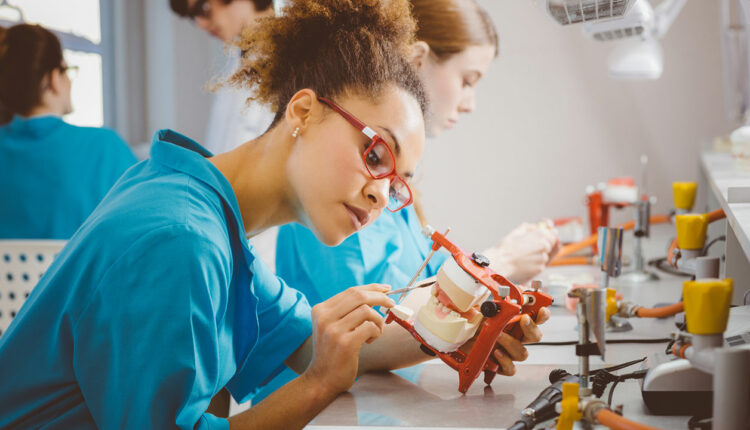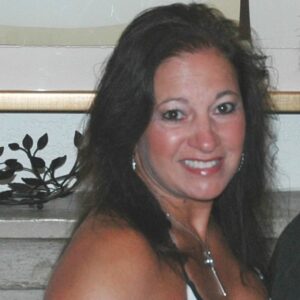
Expanding Possibilities for the Next Generation of Dental Hygienists
Mary Lou Nicoletti, CDA, RDH, MS, shares how the Dental Hygiene Program at Eastern International College responded to student needs by pivoting to a baccalaureate program.

With nearly 40 years of experience, Mary Lou Nicoletti, CDA, RDH, MS, knows something about being a dental hygienist, and she shares that knowledge with her students at Eastern International College (EIC) in Jersey City, New Jersey. For the past 6 years, she has worked as an adjunct professor and director of radiology at EIC. Passionate about dental hygiene, Nicoletti never tires of educating others about the expanding possibilities in the profession. She also continues to work clinically to ensure her skills remain top notch.
She is supportive of all facets of growth within dental hygiene and is excited to share about the complete overhaul of the Dental Hygiene Program at EIC that moved from a 2-year model to a 3-year Bachelor of Science in Dental Hygiene (BSDH) Program. Nicoletti shares her experience with Sunstar Ebrief.
- How did the baccalaureate program get started?
EIC’s Associate of Applied Science (AAS) in Dental Hygiene Program was initially implemented in the spring of 2013. We graduated our first AAS degree in 2015, which included only 20 students. As part of our AAS admissions process, we learned that a significant number of dental hygiene applicants wanted to further their education to earn a BSDH. In response, a 123-semester credit accelerated BSDH program was implemented in 2020 to provide a broad foundation of field-specific general education and science courses designed to expand opportunities beyond the scope of private practice. In May 2023, 58 graduates received their BSDH degree. While the college no longer offers an AAS program, for those students who have earned a previous AAS in Dental Hygiene, we offer an online BSDH Completion Program.
- What benefits are gained by the participating students vs the original AAS program?
Earning a BSDH degree opens up doors to alternative opportunities in dental hygiene. Graduates can become clinical research coordinators, public health administrators, sales representatives, or educators. Our 3-year curriculum develops skills in grant writing, leadership roles, and research. It also includes an internship and clinical rotation in community-based offices, which ease them into the private practice setting, exposing them to the concept of treating patients in 1 hour rather than a full clinic day in school. Additionally, it gives students the confidence and real-world experience to find the right fit professionally and makes them more marketable.
- What sparked your interest in becoming a dental hygienist?
Like many dental hygienists, I started my career as a dental assistant and wanted to be more involved with patients. Working for a periodontist set me up to become a hygienist. Seeing the transition of unhealthy to healthy tissue was life-changing for patients in all aspects of health and something that I could do for and with the patient as a dental hygienist.
- What do you feel are the most important issues affecting the dental hygiene profession?
Three interrelated issues come to mind: time constraints, changes to the dental practice act, and the oral-systemic link. The time constraints that some offices put on dental hygiene appointments can be unrealistic. As licensed professionals, we take an oath to do the very best for our patients and are educated to not cut corners. It is difficult to take vitals, discuss medical history and concerns, capture X-rays, complete extraoral and intraoral cancer screenings, perform a thorough prophylaxis, chart, and, last but not least, provide patient education in a short time. These time constraints not only shortchange our patients but also create stress and burnout among hygienists.
The recent shortage of dental hygienists has prompted some states to change their dental practice act to allow dental assistants to polish and scale supragingivally. As licensed professionals, we are more than just “teeth cleaners.” We have extensive medical knowledge.
Educating medical professionals and the public about the oral-systemic link can improve overall health. Moving the dental hygienist from private practice to more varied settings is a crucial part of transforming our profession.

